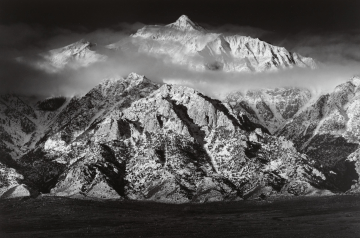Justin E. H. Smith in his Substack Newsletter:
 In 1879 Josiah Royce wrote a letter from Berkeley, to William James at Harvard, describing the intellectual condition of his home state: “There is no philosophy in California. From Siskiyou to Ft. Yuma, and from the Golden Gate to the summit of the Sierras there could not be found brains enough to accomplish the formation of a single respectable idea that was not manifest plagiarism.” From any other author, these words could only be received as complaint, but Royce himself understands them as a neutral description of fact, perhaps even as subtle praise for a land he deems ill-disposed to the convection of metaphysical hot air.
In 1879 Josiah Royce wrote a letter from Berkeley, to William James at Harvard, describing the intellectual condition of his home state: “There is no philosophy in California. From Siskiyou to Ft. Yuma, and from the Golden Gate to the summit of the Sierras there could not be found brains enough to accomplish the formation of a single respectable idea that was not manifest plagiarism.” From any other author, these words could only be received as complaint, but Royce himself understands them as a neutral description of fact, perhaps even as subtle praise for a land he deems ill-disposed to the convection of metaphysical hot air.
Faced with such a dilemma, between philosophy and California, Royce chose California. He stuck around the newly founded department of philosophy at Berkeley, but the longer he stayed away from Harvard, the more his own thoughts turned to the singular facts and contingent truths —generally held to be beneath the radar of philosophy, a discipline of the mind dedicated to general principles and necessary truths— of California history.
In 1886 he published a peculiar book entitled California: A Study of American Character. From the Conquest in 1846 to the Second Vigilance Committee in San Francisco. There would be a great deal to say about the title alone. How many people today know, for example, that early San Francisco’s lawless “Barbary Coast”, long dominated by Australian gangs, could only be pacified by popular militias?
More here.
